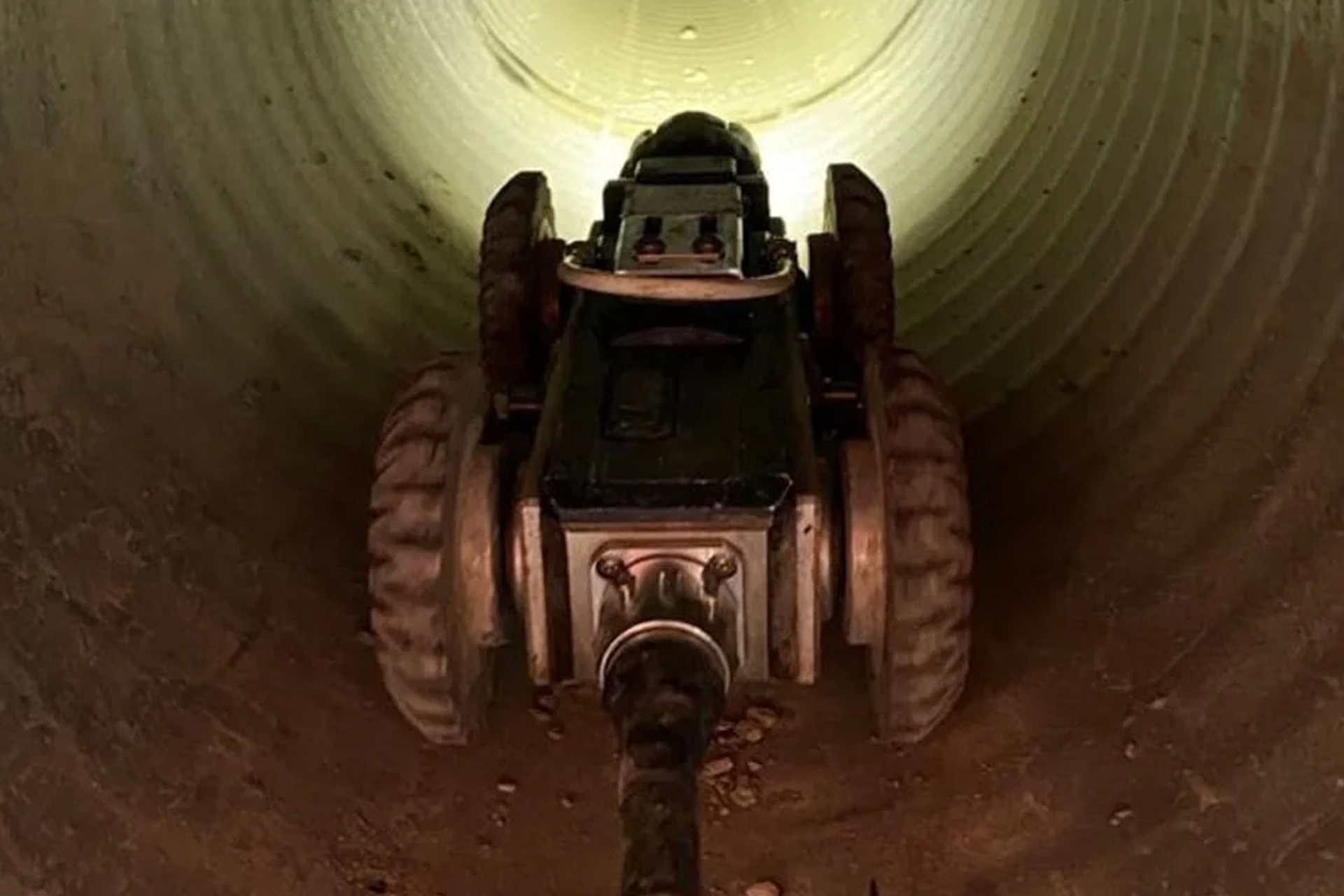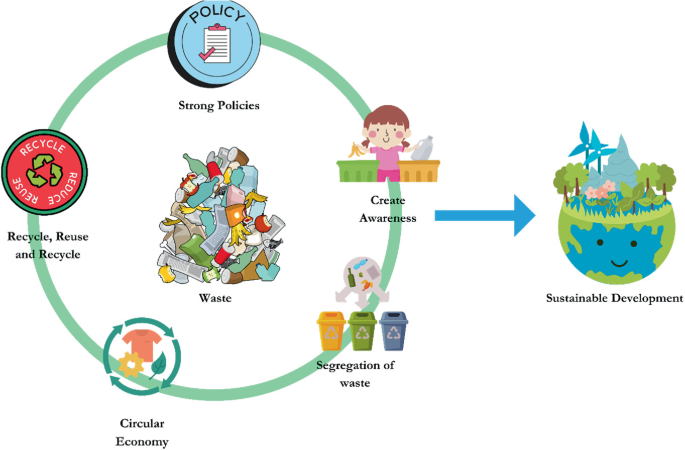The Ultimate Guide To Reclaim Waste
The Ultimate Guide To Reclaim Waste
Blog Article
The 8-Minute Rule for Reclaim Waste
Table of ContentsReclaim Waste - QuestionsThe 5-Second Trick For Reclaim WasteHow Reclaim Waste can Save You Time, Stress, and Money.Not known Factual Statements About Reclaim Waste Not known Facts About Reclaim Waste
Domestic sewer waste refers to the waste and products from a property septic storage tank. The appropriate administration and disposal of residential sewer waste call for liquid waste to be moved to a sewer treatment plant where the correct techniques and devices are used to cleanse and dispose of waste.
Commercial waste typically includes potential risks, such as flammable products or a mixture of fluid and solid waste products, and requires an advanced and thorough disposal procedure. The disposal of commercial waste usually entails the purification of waste before transportation to guarantee risk-free and correct disposal. Hazardous waste is produced from byproducts and runoff of commercial procedures and manufacturing.
This sort of waste can not make use of the same sewer administration transport or processes as septic or industrial liquids. The commercial waste administration procedure calls for the evaluation and testing of fluid waste before it goes through the disposal procedure (liquid waste removal). Overflow waste is the liquid waste that originates from runoff and excess stormwater in very booming locations or cities
Drainage waste can create contamination and flooding otherwise handled appropriately. Find out more about sewage system cleansing and waste administration. Making sure proper waste administration can protect against disasters and decrease environmental damage. Both people in household setups and experts in industrial or manufacturing markets can benefit from comprehending the processes and guidelines of fluid waste administration.
The Ultimate Guide To Reclaim Waste
Contact PROS Services today to learn more about our waste administration and disposal services and the appropriate methods to take care of the liquid waste you create.
(https://www.storeboard.com/reclaimwaste2)Do you recognize what happens to your water when you end, purge the bathroom or drain pipes the cleaning device? No? Well, it's worth recognizing. This so-called 'wastewater' is not just an important source but, after treatment, will be released to our land, rivers or the ocean. Used water from toilets, showers, bathrooms, kitchen sinks, washings and industrial processes is referred to as wastewater.

water utilized to cool down equipment or clean plant and equipment). Stormwater, a form of wastewater, is overflow that streams from farming and metropolitan locations such as roofing systems, parks, gardens, roads, courses and gutters right into stormwater drains pipes, after rain. Stormwater moves without treatment directly to local creeks or rivers, at some point reaching the sea.
Reclaim Waste Can Be Fun For Everyone
In Queensland, a lot of wastewater is treated at sewer therapy plants. Wastewater is moved from residential or commercial sites via a system of sewage systems and pump stations, understood as sewerage reticulation, to a sewage treatment plant.
The Division of Natural Resources advises city governments concerning handling, operating and preserving sewage systems and treatment plants. In unsewered areas, city governments might call for householders to set up individual or household sewage treatment systems to treat residential wastewater from toilets, kitchen areas, bathrooms and washings. The Department of Natural Resources authorizes the usage of house systems when they are proven to be effective.
Many stormwater gets no treatment. In some new subdivisions, treatment of some stormwater to get rid of litter, sand and gravel has started using gross contaminant catches. Wastewater therapy happens in four phases: Eliminates strong matter. Bigger solids, such as plastics and other items incorrectly discharged to sewers, are gotten rid of when wastewater is travelled through screens.
Uses small living organisms knows as micro-organisms to break down and eliminate staying dissolved wastes and great bits. Micro-organisms and wastes are included in the sludge.
An Unbiased View of Reclaim Waste
Nutrient elimination is not readily available at all sewer therapy plants since it needs expensive specialist equipment. Clear liquid effluent created after therapy may still contain disease-causing micro-organisms - liquid waste removal.

This typically means wastewater needs to be treated or impurities eliminated prior to it can be released to rivers. The majority of wastewater moves into the sewerage system. Under the Act, local governments administer authorizations and permits for ecologically pertinent activities (ERAs) involving wastewater launches that might have a regional impact. The department provides authorizations and permits to Periods entailing wastewater launches that could have a local or statewide effect.
Everything about Reclaim Waste
Monitoring gives accurate details about water top quality and can validate that licence conditions are being satisfied. The details obtained through tracking supplies the basis for making water quality choices.
Report this page